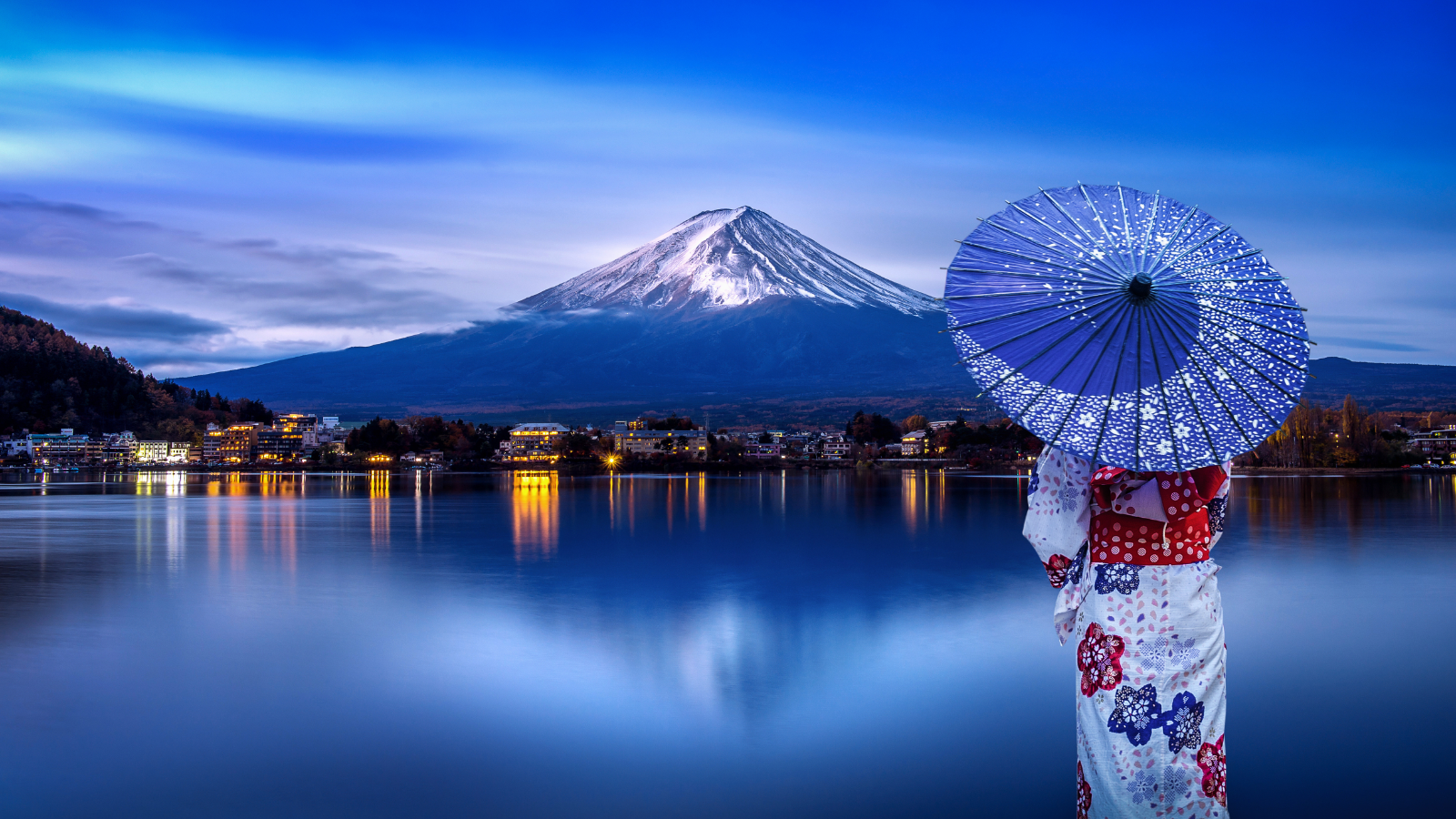Fukuoka Prefecture, located on the northern shore of Japan’s Kyushu Island, is a vibrant region known for its bustling cities, rich history, and delectable cuisine. With its strategic position as a gateway to Asia, Fukuoka has evolved into a dynamic cultural and economic hub, offering visitors a mix of urban excitement and natural beauty.
History and Culture
Historical Significance
Fukuoka has a long history as a center of trade and cultural exchange. The region has been inhabited since ancient times and has played a significant role in Japan’s history, especially during the Kofun and Heian periods. Key historical sites include the Fukuoka Castle ruins and Dazaifu Tenmangu Shrine, a major Shinto shrine dedicated to the deity of learning.
Cultural Heritage
Fukuoka is renowned for its vibrant festivals, traditional crafts, and performing arts. The Hakata Gion Yamakasa, a UNESCO Intangible Cultural Heritage event, features dynamic float races through the streets of Fukuoka City. Additionally, the region is known for its exquisite Hakata textiles and ceramics.
Economy and Industry
Fukuoka’s economy is diverse and robust, driven by sectors such as manufacturing, services, and agriculture. The prefecture is a major center for the automotive and electronics industries, hosting numerous international companies. Agriculture also plays a significant role, with Fukuoka being a leading producer of rice, fruits, and vegetables. The region’s strategic location and excellent transportation infrastructure make it a key logistics hub.
Attractions and Activities
Urban Attractions
- Fukuoka City: The prefectural capital, known for its shopping districts, entertainment venues, and modern architecture.
- Canal City Hakata: A large shopping and entertainment complex featuring shops, restaurants, a theater, and a canal.
- Ohori Park: A scenic urban park with a large pond, walking paths, and a Japanese garden.
- Fukuoka Tower: Offering panoramic views of the city and Hakata Bay.
Historical and Cultural Sites
- Dazaifu Tenmangu Shrine: A major pilgrimage site dedicated to Sugawara no Michizane, the deity of scholarship.
- Kushida Shrine: Known for its role in the Hakata Gion Yamakasa festival and its beautiful traditional architecture.
- Fukuoka Castle Ruins: Located in Maizuru Park, offering insights into the region’s feudal history and beautiful cherry blossom views in spring.
Natural Attractions
- Itoshima Peninsula: Known for its stunning beaches, scenic coastline, and laid-back atmosphere.
- Raizan Sennyoji Daihioin: A historic temple nestled in the mountains, famous for its large gingko tree and peaceful surroundings.
- Yanagawa: Often called the “Venice of Kyushu,” famous for its picturesque canals and traditional boat tours.
Cuisine
Fukuoka’s culinary scene is one of its biggest attractions, known for its rich flavors and variety of dishes. Local specialties include:
- Hakata Ramen: Thin noodles in a rich, creamy pork bone broth, often topped with green onions, pickled ginger, and sesame seeds.
- Motsunabe: A hot pot dish made with beef or pork offal, vegetables, and tofu, cooked in a savory broth.
- Mentai: Spicy cod roe, often enjoyed with rice or as a topping for various dishes.
- Yatai: Street food stalls offering a variety of dishes, providing a unique dining experience.
Conclusion
Fukuoka Prefecture is a captivating destination that seamlessly blends urban sophistication with historical charm and natural beauty. Whether you’re exploring bustling city streets, visiting ancient shrines, or savoring delicious local cuisine, Fukuoka offers an enriching and unforgettable experience for every traveler. Its strategic location and welcoming atmosphere make it an ideal gateway to discover the diverse and dynamic culture of Kyushu.

